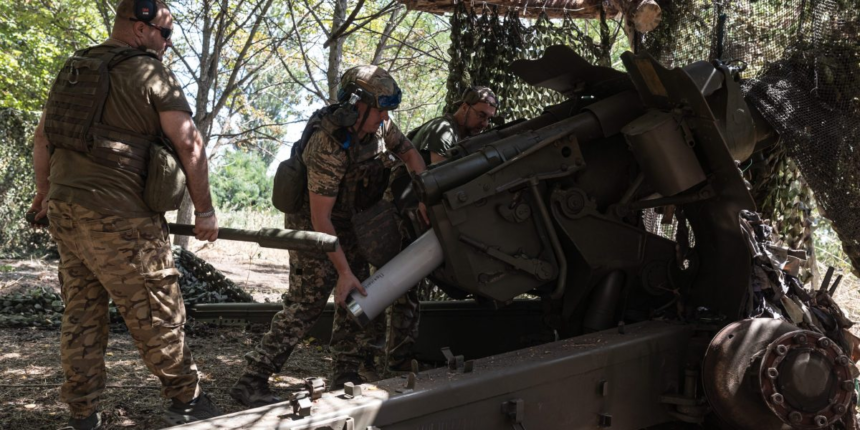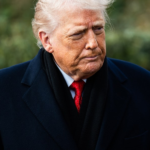That’s as the U.S. sets a 15% tariff rate for most EU products, less than the 30% Trump threatened but more than the 10% Europe sought. The EU also pledged to invest $600 billion in the U.S., buy $750 billion of American energy products, and load up on “vast amounts” of U.S. weapons.
But according to Robin Brooks, a senior fellow at the Brookings Institution, the deal isn’t a defeat if you look at it from a different point of view.
In fact, Trump has warmed up considerably toward the European view on Ukraine, which has been fighting off Russia’s invasion for more than three years.
Earlier this month, he vowed to send more Patriot missile-defense systems to Ukraine and agreed to a plan where European nations buy American weapons, then transfer them to Ukraine.
Trump has also indicated he’s fed up with Russian President Vladimir Putin’s lack of progress in peace talks. And on Monday, Trump gave Moscow less than two weeks to reach a deal or else face steep sanctions.
Meanwhile, analysts at Macquarie also noted that after markets previously saw the U.S. abandoning its global security obligations, the recent deals with the EU, the U.K., and Japan signal an effort to heal those relationships.
“In the background has been a renewed commitment to U.S. geopolitical engagement, too, of course—a recommitment to Ukraine’s security, taking out Iran’s nuclear assets, etc.,” they said in a note.
To be sure, Europe has also committed to rearming its own military forces and has pledged massive spending increases, including money for homegrown defense contractors.
But that will take time, as NATO forces are already highly reliant on and integrated with American weapons systems.
In February, the Danish Defense Intelligence Service assessed the risk from Russia once its Ukraine war stops or freezes in place.
“Russia is likely to be more willing to use military force in a regional war against one or more European NATO countries if it perceives NATO as militarily weakened or politically divided,” the report said. “This is particularly true if Russia assesses that the U.S. cannot or will not support the European NATO countries in a war with Russia.”









